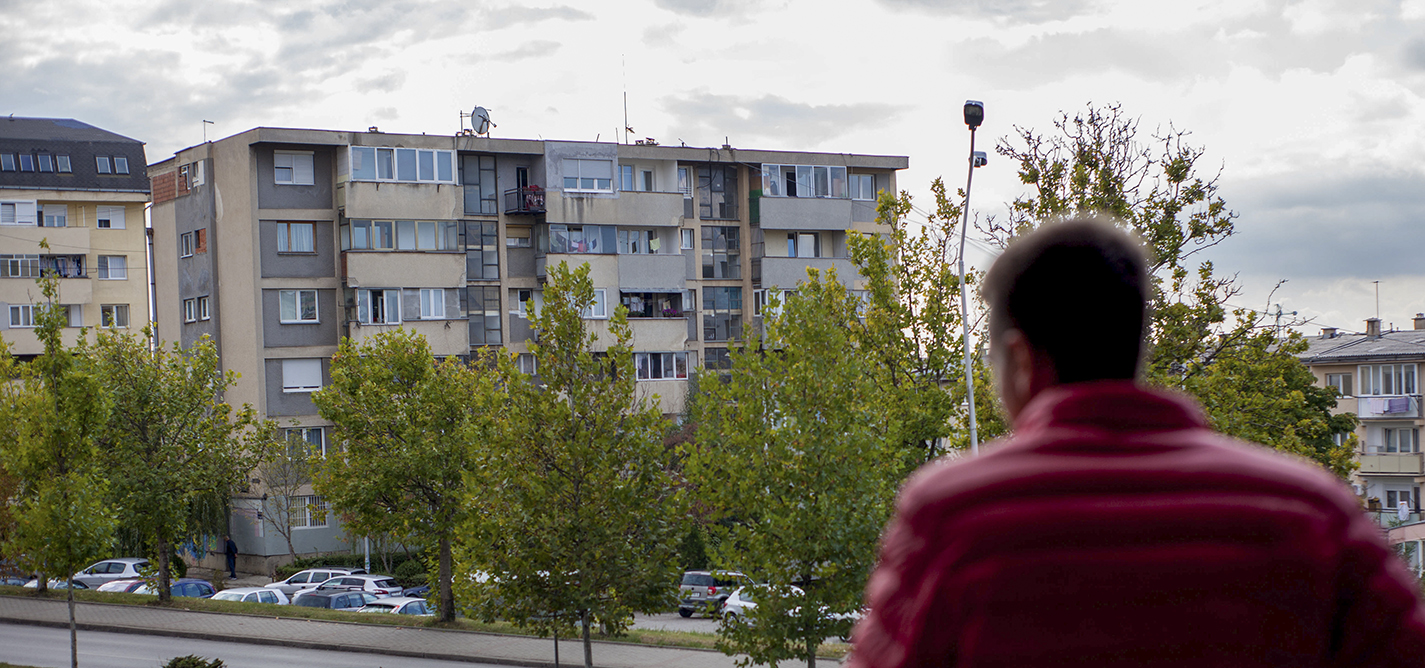
The short-term contracts denying workers their rights
Thousands employed through poorly regulated public sector contracts.
|02.03.2020
|
“The salary is low, but we hope that we’ll be employed as civil servants and we’ll have good salaries"
Arta, who is employed on an SSA at the Municipality of Fushë KosovaCentral and local level institutions are overloaded with people that have been hired through SSAs.
Employees with special service contracts are considered by many to be privileged in Kosovo’s labor market, where the level of unemployment is estimated to be around 30%.
National Audit Office reports findings show that in most cases Kosovo institutions do not publish open calls to hire people with special service contracts, discriminating against others.
“I would leave this job today if I were to find a job in civil society or some other profession,”
Jeton, who has an SSA contracted job in the government.
Merita Berisha-Prebreza
Merita Berisha – Prebeza completed her master’s studies in journalism at the University of Prishtina. She has worked for six years in the media as a journalist and for three years as a researcher and media official at the NGO Kosovar Stability Initiative (IKS). Merita is a K2.0 Human Rights Journalism Fellowship program fellow (2019 cycle).
This story was originally written in Albanian.